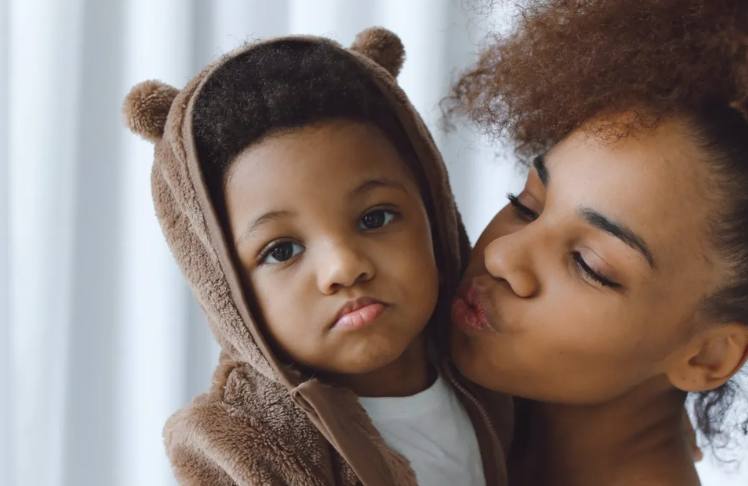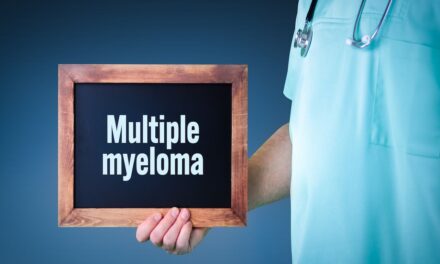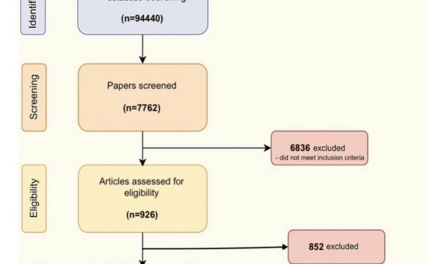
From the front desk at the doctor’s office to private encounters with physicians, Black children and their parents are more likely than others to face unfair treatment in medical settings.
That’s the finding of new research from the Urban Institute, a Washington, D.C.-based nonprofit research organization. The study, based on data from the nonprofit’s Health Reform Monitoring Survey, uncovered multiple disparities among its Black respondents.
The most recent data, collected in June 2022, had a sample size of about 9,500 adults of varying races, including nearly 3,000 parents of children under age 19.
More than one-in-five, or 22% of Black parents reported experiencing unfair treatment while seeking health care over the past year — 10% more than parents who are white, Hispanic/Latinx, or other races.
Compared to 3% of all parents, 9% of Black parents reported that their children were treated or judged unfairly because of their, or their parents’ race, ethnicity, country of origin, or primary language.
Looking toward the future, 40% of Black folks expressed concern that they or a family member will be treated unfairly at a later visit.
“Our findings show that some parents, especially Black and Hispanic/Latinx parents, are treated unfairly because of their characteristics when they seek health care. Parents of children under age three are as likely as parents of older children to report unfair treatment,” the authors wrote.
“Changes in the health care system will be required to provide high-quality, respectful, culturally effective, and evidence-based care to all children and their parents, including Black parents and parents of color.“
A Long-Term Pattern of Racism in Healthcare
The survey results may not come as a surprise, considering the United States’ history of racial discrimination against the Black community: Forced hysterectomies on Black women in Mississippi funded by the federal government. Syphilis-ridden shots on Black men in Alabama, also funded by the federal government.
Or, more recently, the lack of inclusion during pulse oximeter trials — a device essential to COVID-19 diagnosis and treatment — which ultimately exacerbated complications among Black and Hispanic patients.
Just last week, family members of the late Henrietta Lacks made progress toward getting justice for the Baltimore resident and cancer patient whose cells were stolen by doctors 70 years ago and used to advance global medicine and science.
The family won a settlement against a pharmaceutical company that profited from the use of the immortal “HeLa” cells in its products.
But some Black folks ask, how many more Henriettas are out there whose names and medical traumas have yet to be discovered?
One thing’s for sure: these experiences may have lasting implications.
The Effect of Racism in Healthcare
Researchers are still quantifying the impact of unfair medical treatment on children and their parents. But they recognize that “direct exposure to racism during childhood and indirect exposure mediated through a parent’s or caregiver’s experiences are associated with a range of adverse health effects, such as poor birth outcomes and worse child mental, socioemotional, and general health.”
“Unfair treatment in clinical settings may therefore affect the health and well-being of both parents and children by causing ‘psychological and physiological stress responses,’” the authors wrote.
Disruption in health care and growing medical mistrust are also among their concerns.
A Need for Accountability
The team recommends building systems of accountability into institutions to prevent mistreatment, including “creating feedback loops for health insurance plans to document instances of unfair treatment by providers through patient satisfaction surveys.”
“Such efforts could document patient experiences and outcomes by race and ethnicity and establish criteria for determining whether providers and office staff members are qualified to provide culturally competent and effective evidence-based care as part of performance evaluation.”




